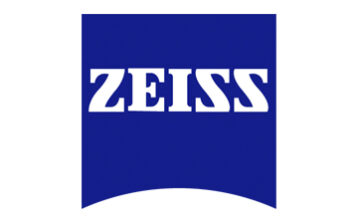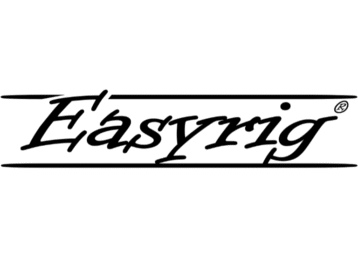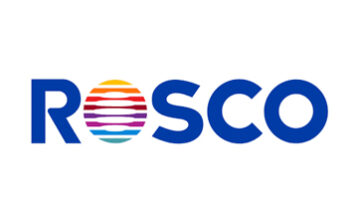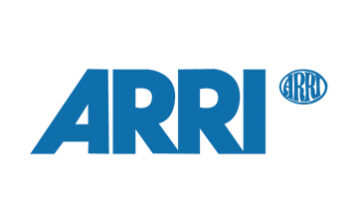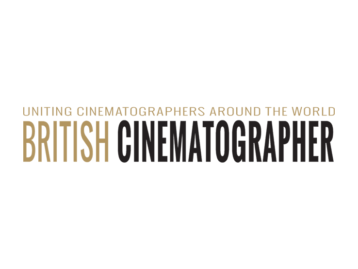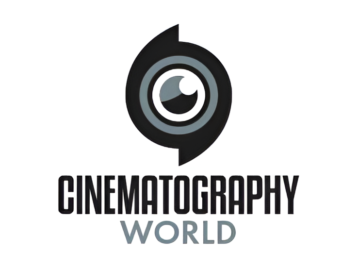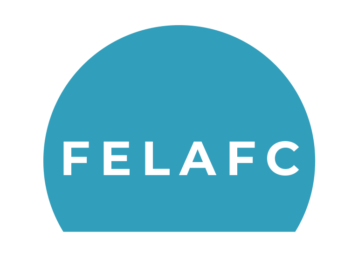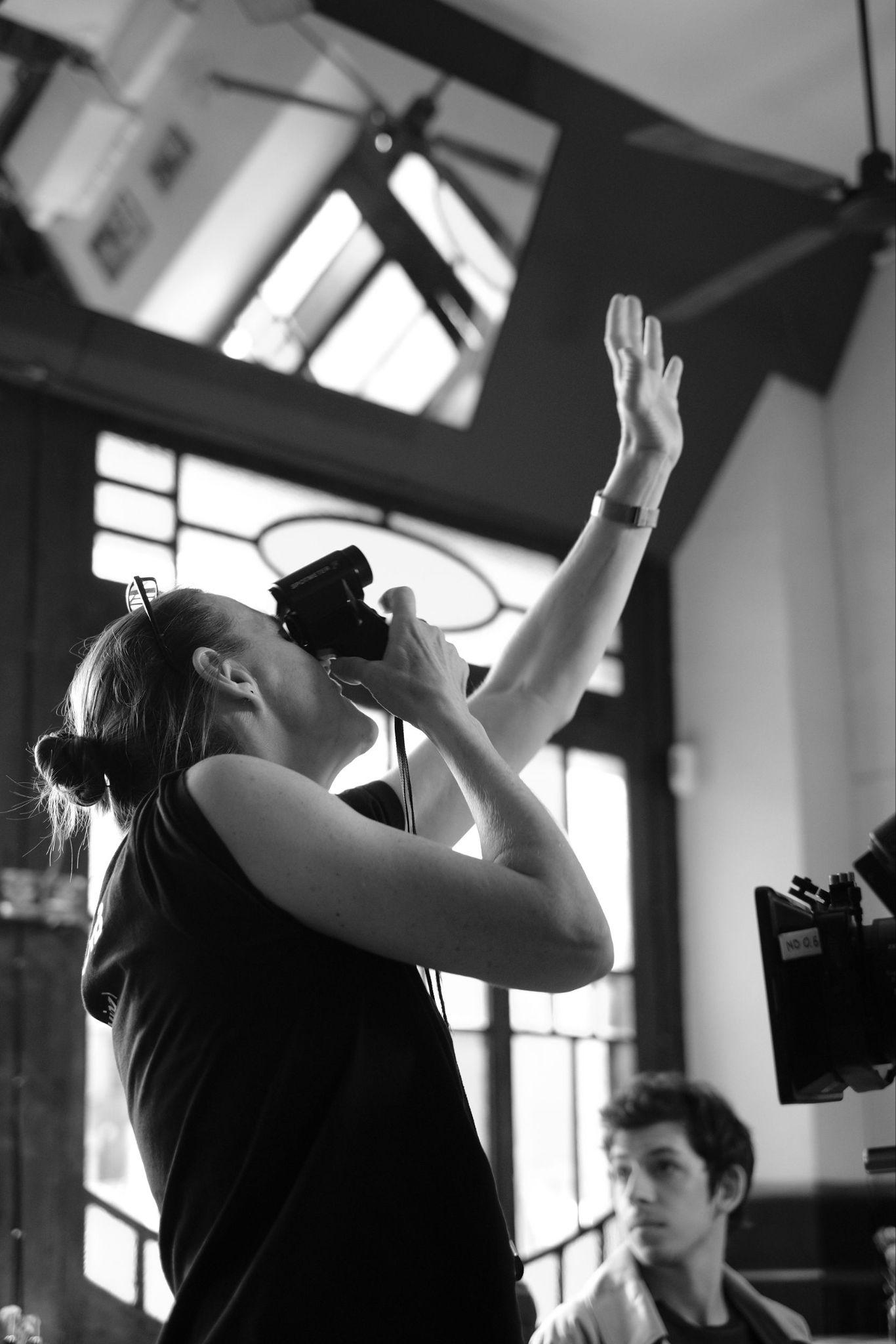
Núria Roldós, AEC reflects on a journey marked by over 20 years of dedication to cinematography, where framing and lighting have been her tools to pursue the director’s vision. Her career began in a rather unplanned way. At a time when finding one’s calling didn’t seem urgent, Roldós found herself curious and open to artistic exploration. That openness led her to an unexpected opportunity when a producer friend in her neighborhood offered her a chance to work on a film set. She jumped at the chance, believing.
Starting as a clapper loader in Barcelona’s camera department, she quickly became immersed in the practicalities of filmmaking. This initial role was her real school, as she describes it, where she learned by doing. She quickly found her footing. “I realized I was one of the few women on set,” she acknowledges. She felt initially that she was under scrutiny, as if observed “with a magnifier,” to see whether she could match the expected standards. However, Roldós approached her work with steadfast determination and skill, quickly demonstrating her ability to excel. This dedication enabled her to seamlessly blend in with her colleagues, becoming an integral part of the teams she worked with. Her capability and commitment ensured her swift acceptance and respect in the professional community, setting a precedent for others who might follow in her footsteps.
Núria Roldós’s work on “El Gusto” and “Ruta Salvatge” highlights her adeptness at weaving compelling narratives through her lens. “El Gusto” transports viewers into an Arab world, capturing the emotional reunions of musicians who had been separated by years and conflict. Roldós’s ability to evoke intimacy in her storytelling shines through, drawing viewers into the personal journeys of her subjects. Meanwhile, “Ruta Salvatge” showcases her versatility and skill in depicting adventurous and untamed journeys, further cementing her reputation as a cinematographer who can capture both the heart and soul of any story. Núria Roldós’s exceptional work at María Ripoll’s 2019 film “Vivir Dos Veces” and Alba Sotorra’s 2021 documentary “The Return: Life After ISIS”, infused each project with her distinctive style and expertise.
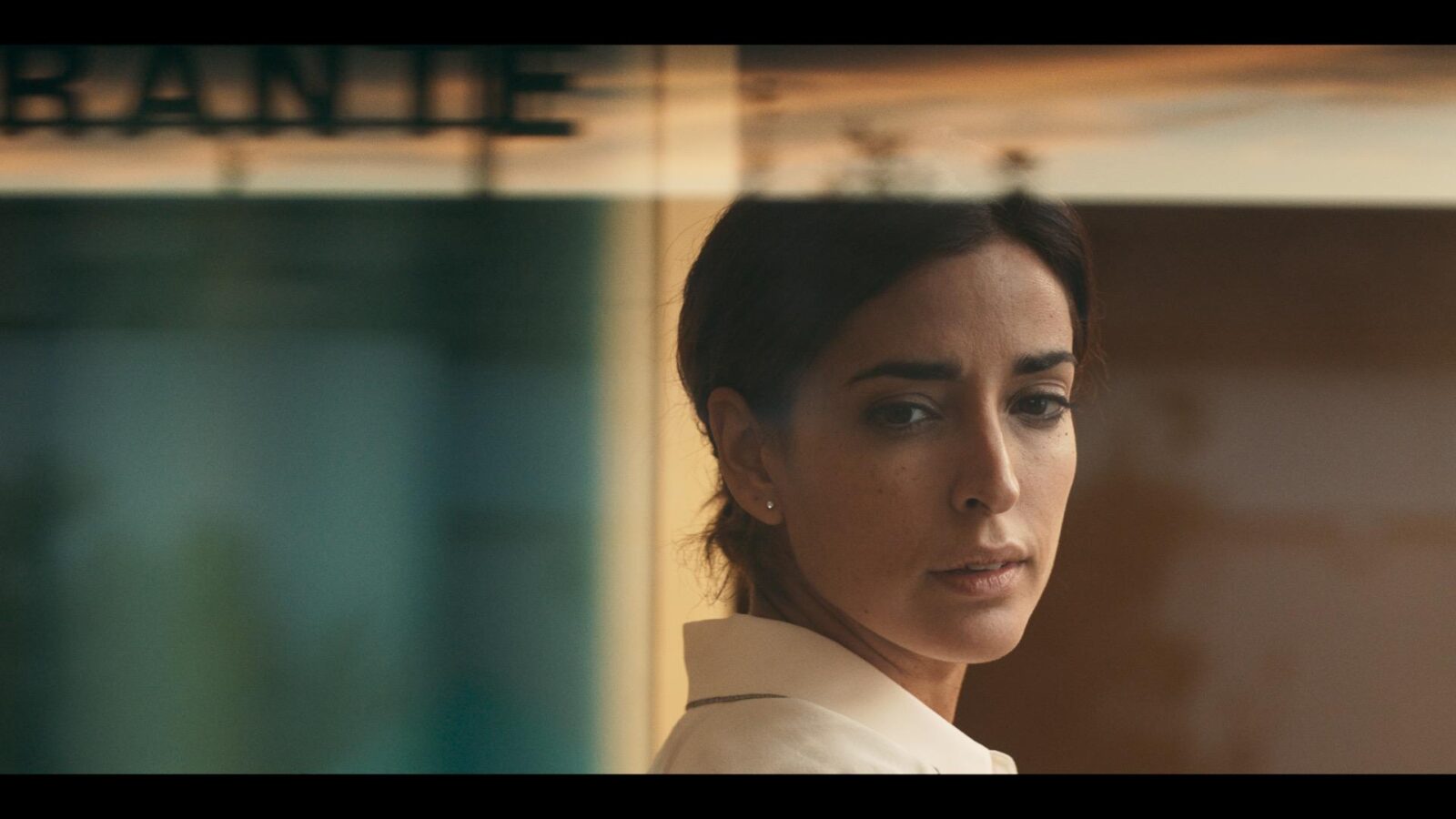
Taking on the mantle of Director of Photography came with its own set of challenges and responsibilities for Núria Roldós. She quickly recognized the impact of her role not just in terms of managing technical aspects of cinematography, but also in leading and inspiring her team. “For me, cinema is all about teamwork. Alone, we accomplish nothing,” Roldós remarks, emphasizing the collaborative nature of film production, where every member’s contribution is crucial. “What I came to realize very soon was that as a Director of Photography, you have a lot of people behind you, and your mood and what you say affect everyone,” she reflects. This insight underscored the importance of maintaining a positive outlook and communicating effectively, understanding that her leadership style could set the tone for the entire crew. Her ability to foster an environment of collaboration and mutual respect helped her teams thrive, allowing them to achieve their creative potential collectively. Through her leadership, she demonstrated that being a Director of Photography was as much about guiding and motivating her team as it was about the artistic vision.
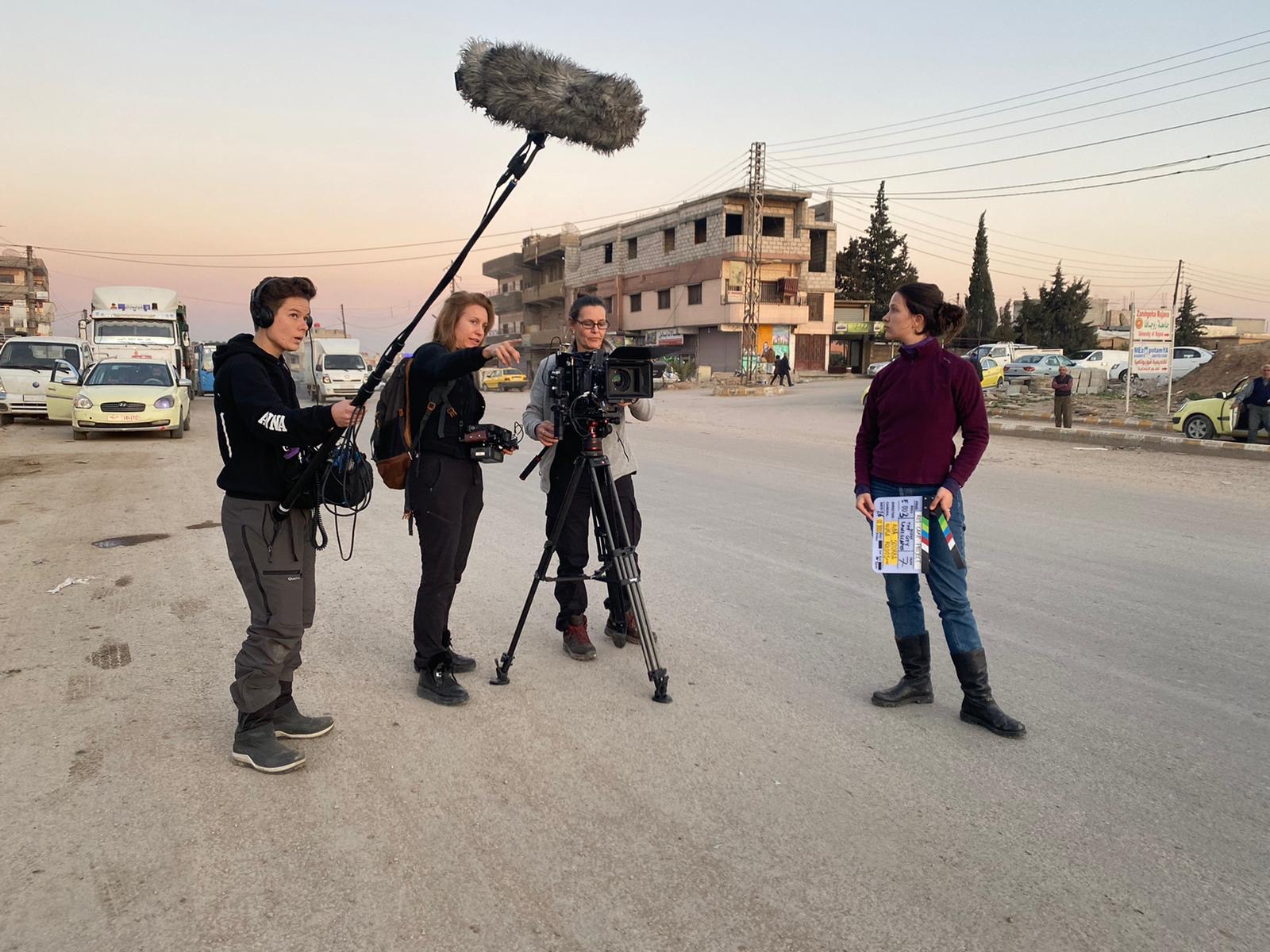
Núria Roldós approaches her relationship with directors as a collaborative endeavor, embodying her ethos of spending more than two decades “pursuing the director’s dream.” She emphasizes the importance of preparation and communication, striving to delve into the minds of directors to fully understand and enhance their vision. “A film is like a ship, and the captain is the director. I aim to be the right hand, the first on board,” she states. By leveraging her extensive experience and technical knowledge, having worked with numerous directors, she offers a broad array of tools and solutions. This allows her to contribute significantly during preparation, not just in cinematography, but also in discussions of color, tone, and the broader narrative arc. Roldós aims to be generous in her collaboration, focusing on supporting the director’s vision rather than seeking the spotlight. “I don’t want protagonism; I want to stand alongside,” she explains, reflecting her willingness to prioritize the director’s needs and the storytelling over any desire to showcase her own technical prowess.
In the context of rapidly advancing technology, which some feared might dilute the essence of cinematography, Roldós has remained steady. She acknowledges the democratization brought by digital advancements, yet affirms the irreplaceable value of craftsmanship and understanding of the art. “I think what you have, your vision, still holds its ground,” she reflects, pointing out that the core skills and insights of a cinematographer remain essential despite evolving tools.
Through it all, Roldós has been influenced by films like “Seven,” “The Diving Bell and the Butterfly,” and “Children of Men,” noting their innovative approaches to storytelling and visual style as sources of inspiration.
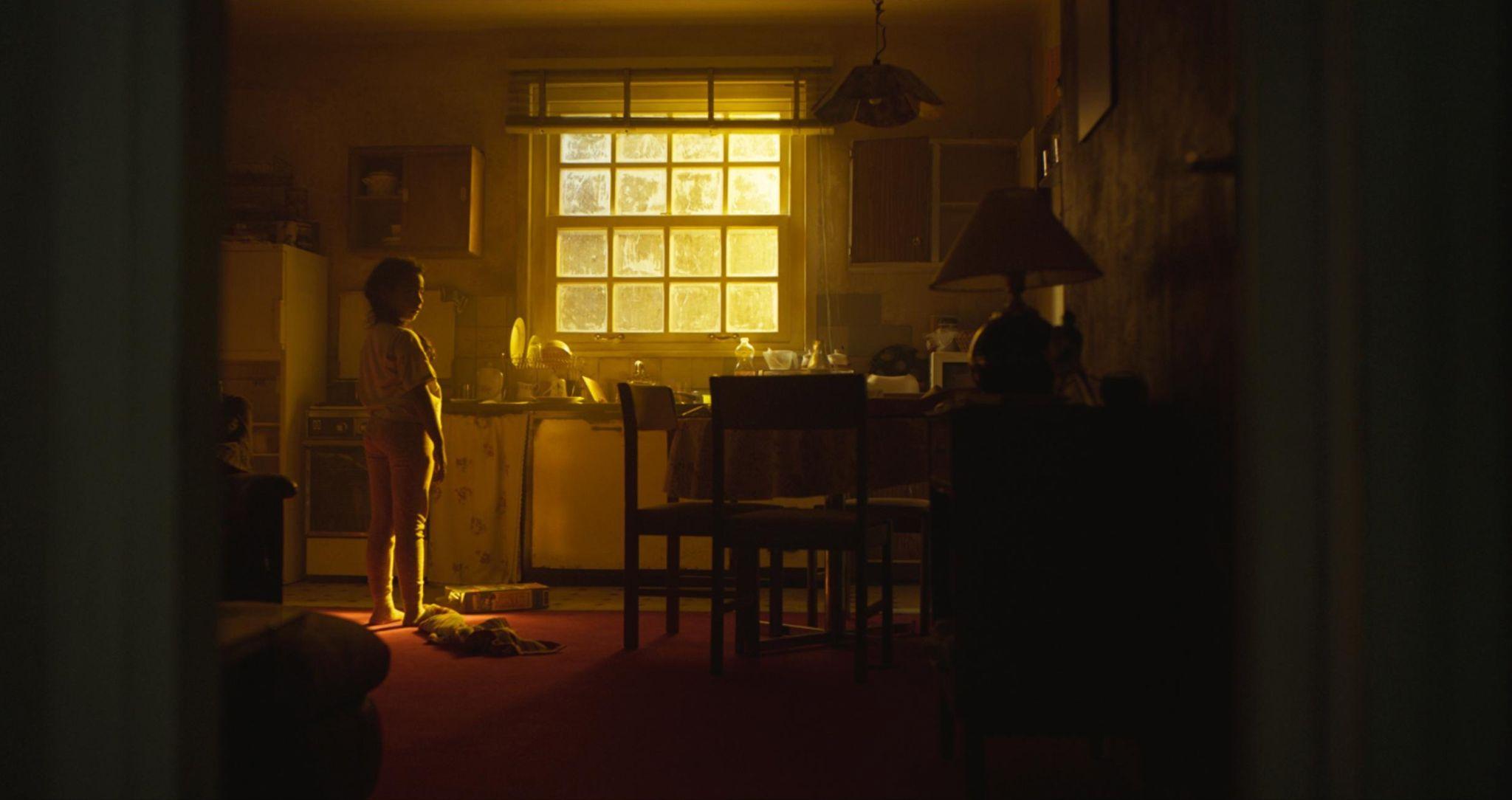
At the Spanish Association of Cinematographers, Roldós understands the importance of fostering community within the industry, advocating for sharing knowledge and supporting each other’s work internationally. Her advice to aspiring cinematographers is grounded and sincere: “Listen, respect the craft, respect the team, and above all, work tirelessly with passion.” With such dedication, Roldós believes, the possibilities are endless.
Today, she continues to engage in television projects and documentaries, capturing complex stories through her unique lens. She is currently working on an intriguing documentary titled “El enigma Inés,” which delves into the life of a young Spanish photographer who tragically died of AIDS during a pivotal time in Barcelona’s history. This project captures the city’s transformation as it prepares for the Olympics, showcasing the photographer’s compelling images of Barcelona’s vibrant neighborhoods. In addition, Núria Roldós is now finalizing her work on the Spanish adaptation of “Call My Agent,” titled “La Agencia,” bringing her insightful touch to this highly anticipated television series.
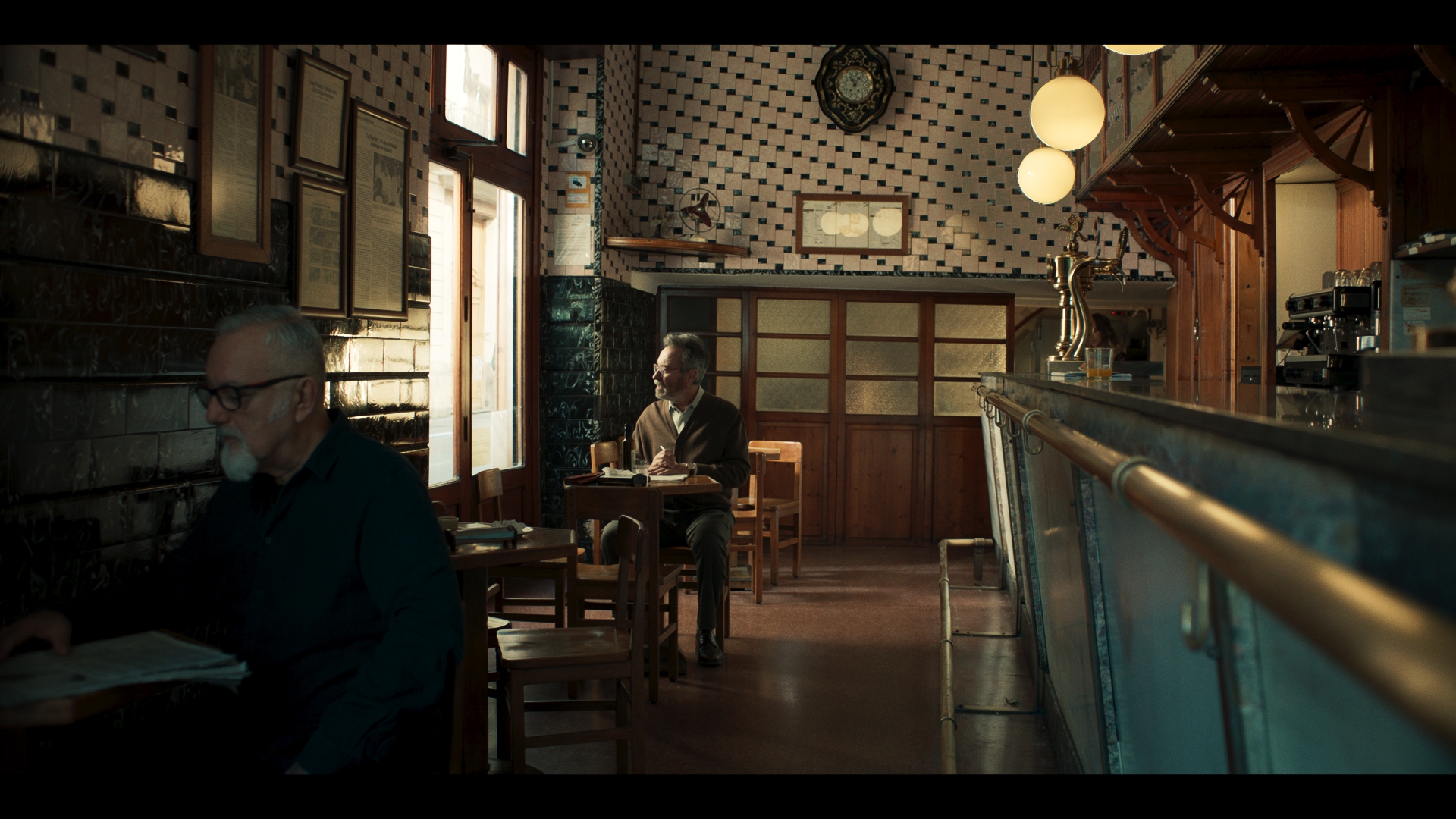
Her story is not one of overnight success or starry perfection but of gradual, determined growth—a tribute to the power of seizing opportunities and nurturing a lifelong passion for cinema.
